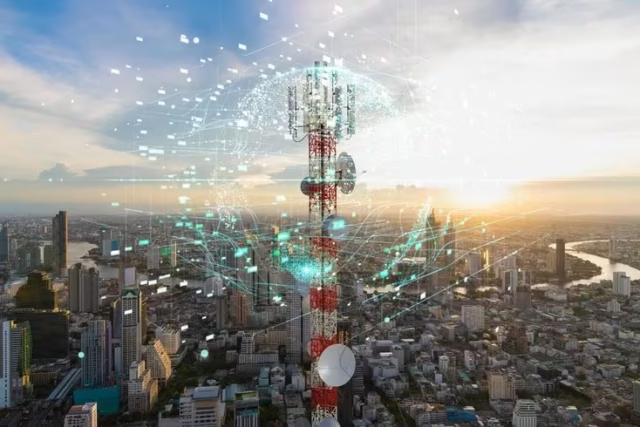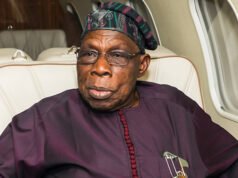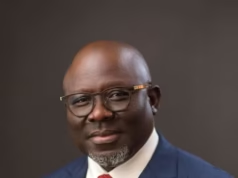Your State May Be Left Behind: Telecom Operators Warn Hostile Policies Will Block Investment
ABUJA – The Association of Licensed Telecommunications Operators of Nigeria (ALTON) has issued a stark warning to state governments across the country: create a friendly environment for investment, or risk being left behind in Nigeria’s new digital revolution.
Speaking over the weekend, ALTON Chairman, Engr. Gbenga Adebayo, revealed that after years of sluggish growth, the telecommunications industry is currently experiencing a massive surge in new investments.
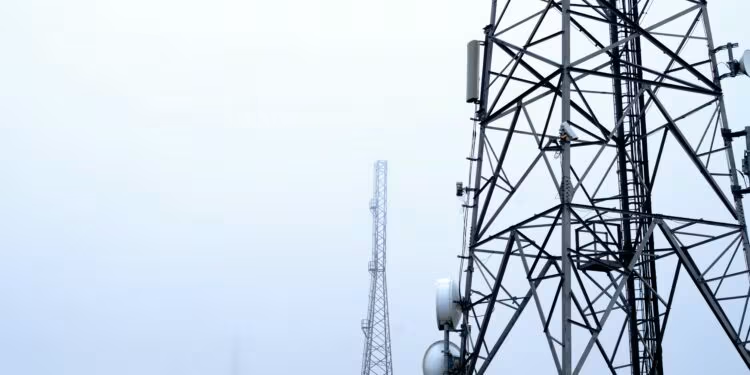
However, he cautioned that this progress could be unevenly distributed, with operators choosing to channel billions of Naira only into states that welcome them.
The warning came during the unveiling of Nigeria’s first Digital Museum, a fitting backdrop for a discussion about the nation’s digital future. Adebayo explained that hostile state-level policies, such as excessive taxes, arbitrary levies, and frustrating delays in granting Right-of-Way permits, are the biggest threats to spreading connectivity to all corners of the country.
“The digital train is moving very fast. States that create hostile conditions for telecom operations risk being left behind,” Adebayo stated plainly. “Where deployment is unwelcome, investments will move to more supportive neighbouring states, and citizens of unfriendly states will inevitably suffer limited connectivity.”
A New $1 Billion Investment Wave Hits Nigeria
The stakes are higher than ever because the pool of available investment is growing rapidly. ALTON’s optimistic outlook is backed by recent figures from the Nigerian Communications Commission (NCC). Last week, the NCC’s Executive Vice Chairman, Dr. Aminu Maida, disclosed that the telecom industry has attracted over $1 billion in fresh infrastructure investments this year alone.
This boom is largely credited to the NCC’s recent decision to return to a market-driven pricing model. A policy introduced earlier this year gave mobile network operators like MTN, GLO, Airtel, and T2 (formerly 9Mobile) the approval to adjust their tariffs by up to 50%. This was the first significant price adjustment allowed in nearly a decade, and it has given operators the financial confidence to reinvest heavily in their networks.
According to Adebayo, telecom companies are now aggressively expanding their footprint by building new cell sites, upgrading existing infrastructure to 4G and 5G, and laying high-speed fibre optic cables to boost broadband capacity. This level of investment is the highest seen since before the COVID-19 pandemic. The crucial question now is, where will this money be spent?
Why Investment May Not Reach Everyone
Adebayo stressed that operators will no longer waste time endlessly pleading with uncooperative state governments. The decision-making process will be simple: capital will flow to the path of least resistance.
The primary obstacles he identified are:
Right-of-Way (RoW) Bottlenecks: This refers to the permission operators need from state governments to lay fibre cables along roads or build cell towers. Some states impose exorbitant fees or create long bureaucratic delays, making it nearly impossible for operators to expand their networks.
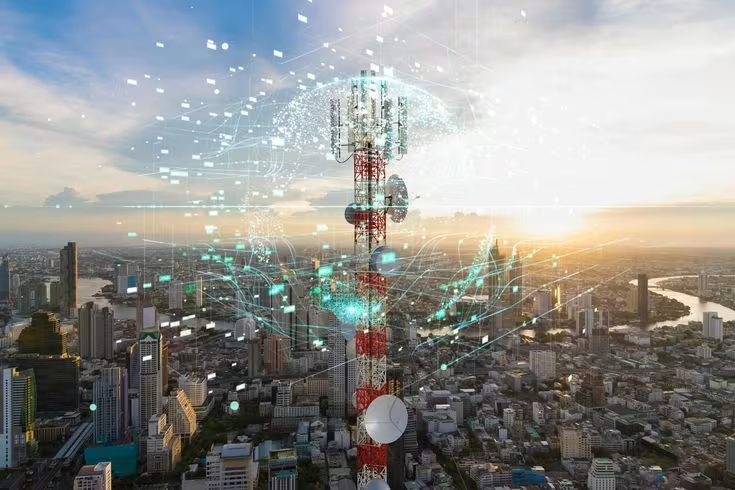
Excessive Levies: Telecom operators currently face over 56 different taxes and levies from federal, state, and local governments. These can include everything from environmental impact fees and sanitation charges to special permits for generators at cell sites. This stifles growth and adds unnecessary costs that are ultimately borne by consumers.
“We will not continue to solicit endlessly for cooperation,” Adebayo warned, emphasizing that telecoms infrastructure naturally flows to states that actively support and streamline the deployment process.
The Real-World Consequences for Citizens
For ordinary Nigerians living in states deemed “unfriendly” to telecom investment, the consequences could be severe. A lack of new investment would lead to a widening “digital divide,” where some parts of the country enjoy super-fast connectivity while others are stuck in the past. This could mean:
Slower rollout of broadband internet, affecting education, remote work, and entertainment.
Fewer investment-linked jobs in construction, engineering, and technology.
Reduced access to critical digital services like telemedicine, e-commerce, and online banking.
Hopeful Signs at the Federal Level
Despite these state-level challenges, Adebayo expressed strong optimism about reforms being undertaken by the Federal Government. He praised the work of the Presidential Tax and Fiscal Policy Reform Committee, which is actively working to streamline the complex tax system. He noted that major reforms expected by January 2026 should significantly reduce the burden of multiple taxation on operators and encourage even more investment.
He also welcomed the recent inauguration of the new NCC Board, chaired by Idris Olorunimbe, as a positive step for industry governance and stability.

In his concluding remarks, Adebayo called for a partnership between all stakeholders. “The transformation we are witnessing in our sector has not been experienced in recent years… but for this to be sustainable, all stakeholders, especially state governments, must play their part,” he said. “Telecoms is not just about calls and data; it is a driver of national economic stability and growth.”
Join our WhatsApp community
Join Our Social Media Channels:
WhatsApp: NaijaEyes
Facebook: NaijaEyes
Twitter: NaijaEyes
Instagram: NaijaEyes
TikTok: NaijaEyes


